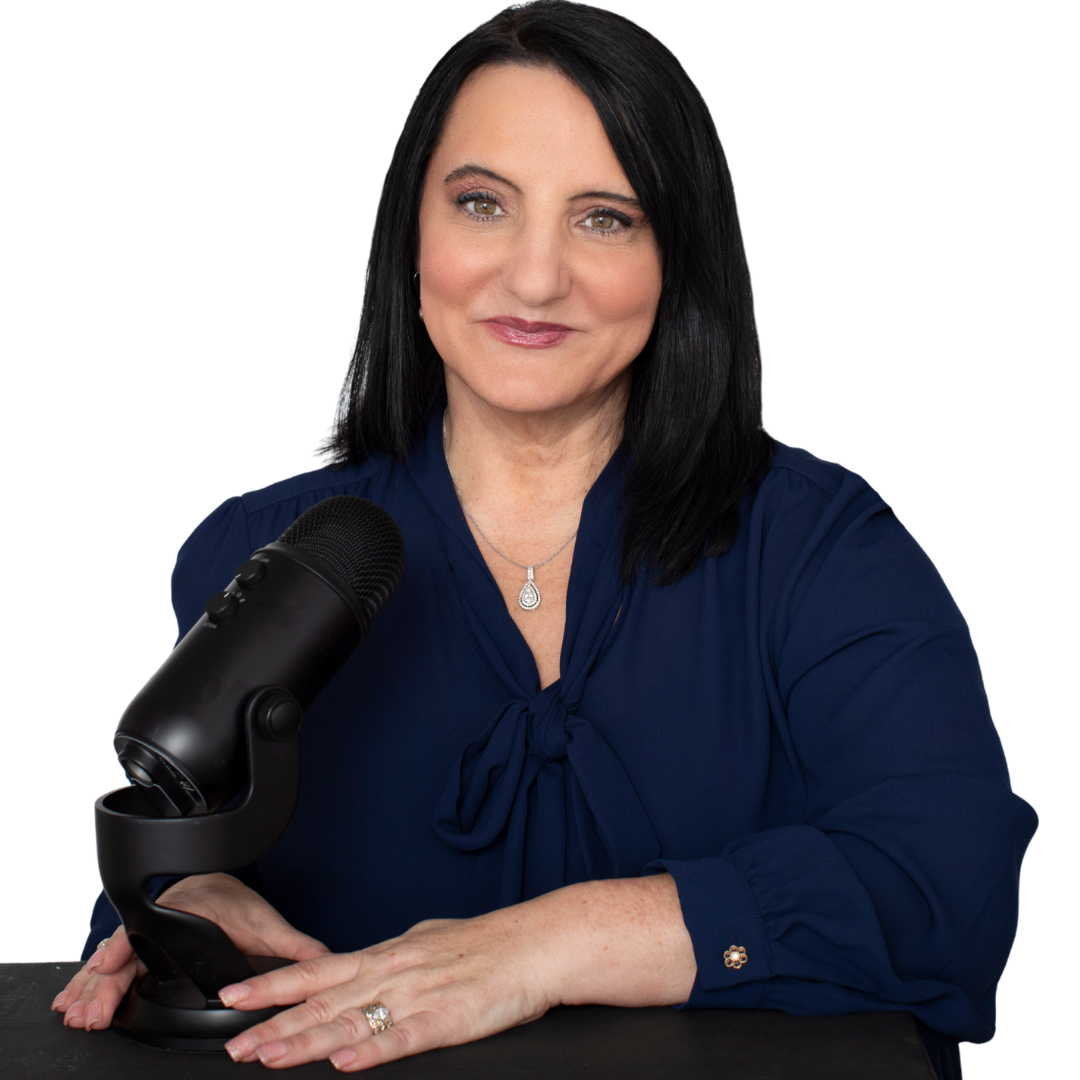[embed]https://player.captivate.fm/episode/e4bdd2a3-aaf3-424d-a07f-b56ef3169e49/[/embed]
Estimated reading time: 6 min
If your child looks unfocused, impulsive, or emotionally all over the place, it’s easy to assume ADHD is the answer. But here’s the truth I’ve seen for over 30 years: ADHD symptoms don’t always mean ADHD. When we miss root causes, we miss powerful opportunities to regulate the nervous system naturally.
In this episode, I walk you through three surprising—and very common—causes of ADHD-like symptoms so you can stop guessing and start supporting your child’s brain the right way.
Yes—and this is one of the most overlooked causes of adhd symptoms. Many kids have genetic variants that increase their need for certain nutrients, and restrictive eating only worsens the cycle.
The big three I see clinically:
I often see kids improve dramatically once these gaps are addressed consistently.
What helps:

Absolutely. Blood sugar imbalance is a huge—and missed—driver of ADHD-like behaviors.
When kids eat high-carb, low-protein breakfasts, their brains swing between:
That looks exactly like ADHD.
Simple shifts that matter:
This alone can change a child’s entire school day.
Yes—constantly. Nervous system dysregulation is one of the biggest causes of adhd symptoms I see.
Kids may be:
Triggers include:
Regulation First Parenting™ means:
A dysregulated brain can’t focus—no matter how hard it tries.
If you’re tired of walking on eggshells or feeling like nothing works… Get the FREE Regulation Rescue Kit and finally learn what to say and do in the heat of the moment. Become a Dysregulation Insider VIP at www.drroseann.com/newsletter and take the first step to a calmer home.
️ “ADHD symptoms don’t always mean ADHD. When you address the root cause, the brain can finally regulate.” — Dr. Roseann
Before assuming medication is the only answer, pause and explore the real causes of adhd symptoms. When you regulate the brain, clarity follows. For a deeper dive into overlooked drivers like mold, hypermobility, and neurodivergence, listen to the episode on ADHD and Neurodivergence Kryptonite. There is always a better next step.
Yes. When symptoms are driven by nutrition, blood sugar, or dysregulation, natural supports can create meaningful change.
Test regulation-first strategies and observe. Improvement is a powerful clue you’re addressing the root cause.
Some families notice shifts within weeks—especially with nutrition and regulation support.
Not sure where to start? Take the guesswork out of helping your child.
Use our free Solution Matcher to get a personalized plan based on your child’s unique needs—whether it’s ADHD, anxiety, mood issues, or emotional dysregulation. In just a few minutes, you’ll know exactly what support is right for your family. Start here: www.drroseann.com/help

